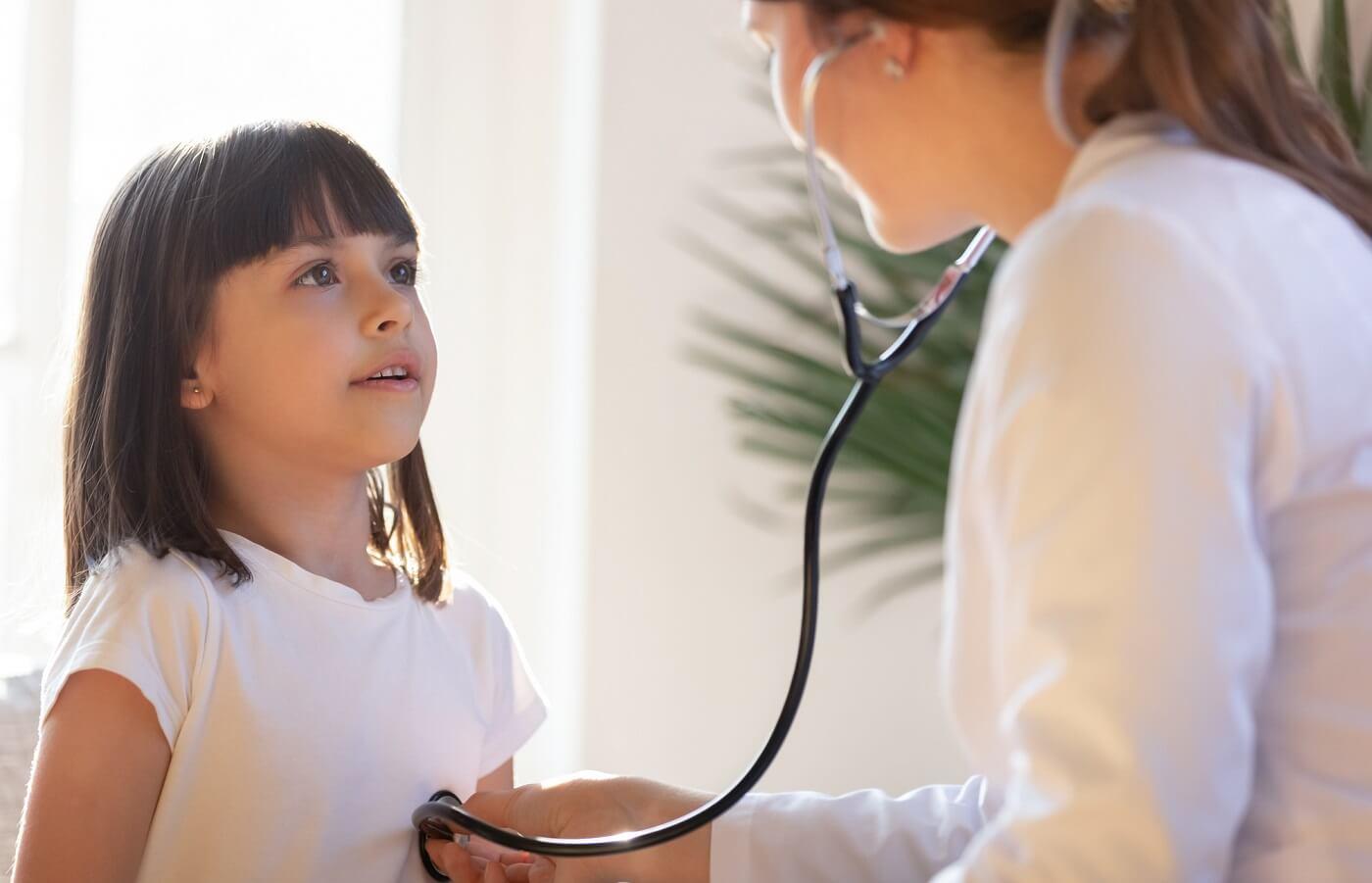Fall and winter bring with them beautiful weather changes like falling leaves and snow, but they are also known for being peak seasons for coughs, colds and other nasty viruses. Respiratory syncytial virus (RSV) is an illness that causes cold-like symptoms. Unlike a normal cold, RSV can lead to serious illness, mainly in babies, older adults and people with weakened immune systems. There is no RSV vaccine, but there are ways to help prevent the infection.

About RSV
- Is a virus which can spread from person to person
- May infect your lungs and breathing passages
- Those at risk for RSV include infants and young children as well as older adults and people with chronic conditions
- Most people have had an RSV infection by age two
- You can get RSV more than once
- Most people heal from RSV in a week or two, but RSV can be severe in children six months of age and younger, older adults and in people with weakened immune systems
- Occurrences of RSV usually increase in the fall, peak in the winter and decrease in early spring
Symptoms
Babies and young children may have a fever, runny nose, cough, wheezing and may not be very hungry. Older children and adults may have a runny nose, sore throat, headache, cough, and overall sick feeling.
How RSV Spreads
RSV spreads when an infected person coughs or sneezes, sending respiratory droplets into the air. These droplets contain RSV and can end up in other people’s mouths or noses, where they can cause infection. The droplets can also land on objects people touch, such as toys or countertops. People can be exposed to and/or infected with RSV by touching these objects and then touching their eyes, mouths or noses. Children often pass the virus to each other at their school or daycare.
Prevention
To help prevent RSV, people who have cold-like symptoms should:
- Cover their mouth and nose when coughing or sneezing
- Wash their hands often with soap and water for 15 to 20 seconds
- Try not to share cups, knives, forks or spoons with others
RSV can also lead to worse illnesses, such as pneumonia and bronchiolitis in young children and older adults. If you think that you or your child might have an RSV infection that needs medical care, schedule an appointment with your health care provider.
